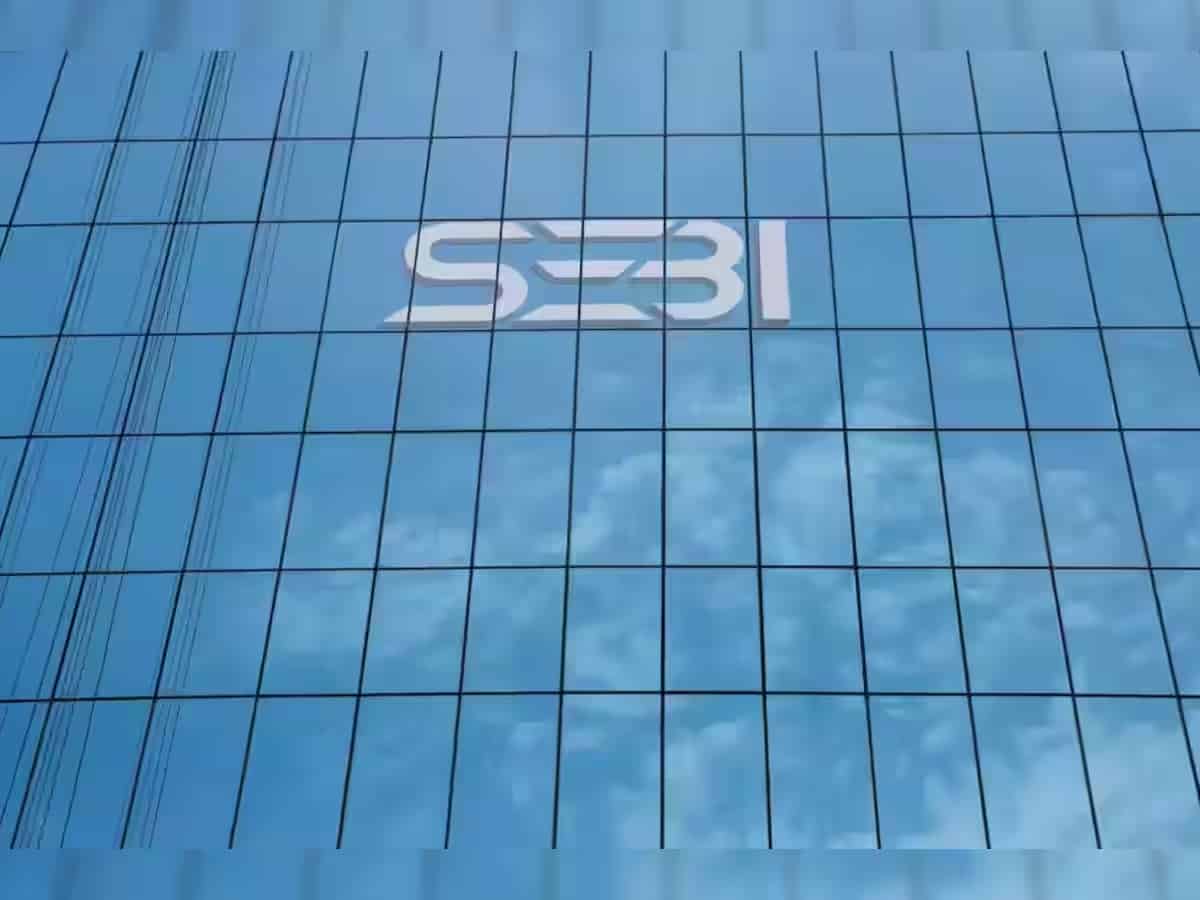SEBI proposes Rs 1 cr minimum investment and demat form for securitization
The regulator has recommended that all securitized debt instruments be issued and transferred exclusively in dematerialized form.

SEBI proposes Rs 1 cr minimum investment and demat form for securitization
The Securities and Exchange Board of India (Sebi) has proposed a minimum investment threshold of Rs 1 crore for originators regulated by the Reserve Bank of India (RBI) and for unregulated entities involved in securitization activities. The proposal also sets limits on the number of investors for private placements, allowing securitized debt instruments (SDIs) issued privately to be offered to a maximum of 200 investors.
If this limit is exceeded, the issuance must be classified as a public offering. Public offers will need to remain open for a minimum of three days and a maximum of ten days, with advertisement requirements adhering to Sebi's regulations for non-convertible securities.
Furthermore, the regulator has recommended that all securitized debt instruments be issued and transferred exclusively in dematerialized form.
SDIs are financial products created by pooling together various types of debt -- such as loans, mortgages, or receivables -- and then selling them as securities to investors.
This process, known as securitization, allows the originator (such as a bank) to convert illiquid assets into liquid ones, providing an alternative source of funding. Investors in these instruments receive returns based on the performance of the underlying debt pool, and the risk is spread across multiple assets, offering potentially attractive returns.
The current framework is based on Sebi's 2008 regulations, with updates from the Reserve Bank of India's (RBI) 2021 directions on securitizing standard assets. Regarding risk management, Sebi has proposed that originators retain a minimum risk retention of 10 percent of the securitized pool or 5 percent for receivables with a maturity of up to 24 months.
A minimum holding period requirement will also be specified by Sebi for underlying receivables to ensure that originators maintain an interest in the underlying assets, the regulator said in a consultation paper.
The regulator further suggested including an optional clean-up call for originators, allowing them to repurchase up to 10 percent of the original value of the assets. This call is optional and intended to help manage the pool's longevity without mandating additional commitments from the originator.
The proposal establishes minimum track record requirements for both originators and obligors. Originators should have a minimum of three years of operating experience, while trade receivables specifically require at least two cycles of successful, default-free payments.